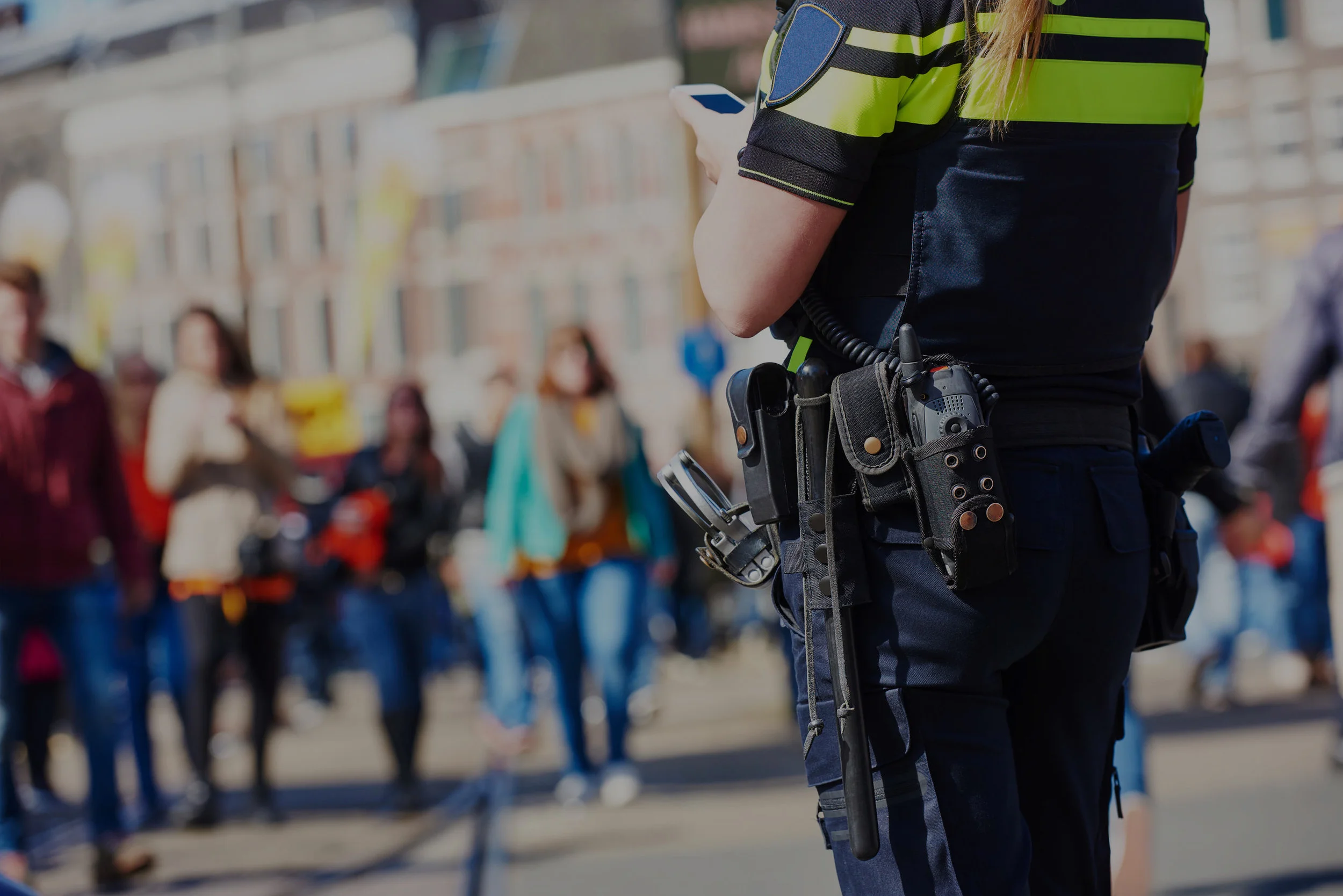Law enforcement officers understand the value of community outreach. There is a strong correlation between high-risk communities and inadequate policing. To make a good cop that serves the public it takes more than basic training and a badge. How are law enforcement agencies falling short? More importantly, what can they do to improve?
Deep, holistic background checks flag potential biases before rookie law enforcement officers take an oath to serve and protect. By law enforcement agencies improving recruitment standards and increasing background checks, communities will be able to thrive under the protection of the most qualified police. Community outreach lowers crime and saves lives. Law enforcement is at the forefront of mass media on the issue of inappropriate and deadly force against citizens. Policing styles 20 years ago seem inadequate when addressing the needs of high-risk communities. Trust suffers most as high-risk populations see law enforcement officers as adversarial, not neighborly.
Community outreach lowers crime and saves lives
Law enforcement is at the forefront of mass media on the issue of inappropriate and deadly force against citizens. Policing styles 20 years ago seem inadequate when addressing the needs of high-risk communities. Trust suffers most as high-risk populations see law enforcement officers as adversarial, not neighborly.
The Department of Justice gives guidance on the importance of community outreach by changing old organizational structures to promote community values. Trust between law enforcement and communities is paramount to public safety. Non-reported crime in high-risk areas becomes common when there is minimal trust from the public and police. Open discussions with communities enhance accountability and promote transparency. "Many civil rights leaders and police executives recommend that officers at all levels receive training on diversity, implicit bias, and cultural competency," according to The Department of Justice.
A vast majority of officers perform their duties admirably and with distinction. A few badly behaving cops spoil the agency’s reputation. Social media captures negative encounters with police breeds mistrust. At worst the relationship between law enforcement and the communities it serves has been broken at a fundamental level. The question is, what can law enforcement agencies in the U.S. do to battle corruption before it's too late?
Stronger background checks equal more qualified police
There is a clear need for law enforcement officers to recruit candidates that qualify to serve the public. An area in which agencies have a difficult time recruiting the right candidates is when evaluating millennials. Traditional in-house background investigations by agencies do not reveal all the negative biases that may be common for today’s generation.
Technology is smarter in assisting with a magnitude of tasks that once took months and now minutes. Fully utilizing technology to build the next generation of law enforcement officers could improve the organization.
It's difficult to evaluate a demographic as vast and broad as millennials. Today, technology is used to recruit, investigate and train the next generation of law enforcement officers. With so much data available for background checks, an ideal solution should combine all sources into one platform, such as the solution offered by KENTECH. A unique platform that improves hiring needs by using technology to display a full picture of individuals applying to be officers.
Background checks and security clearances are as much as 75 percent faster with KENTECH’s platform. The platform can lower the cost of internal agencies manually performing background checks by as much as 51 percent. KENTECH even includes digital profiling to add to candidates' social media graphs, which may reveal biases previously unaccounted for past generations.



